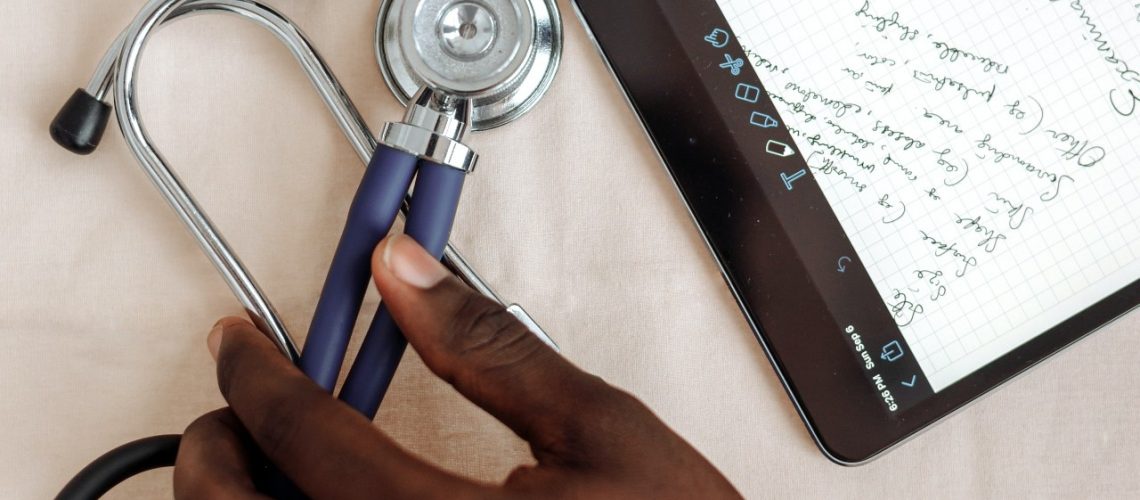While it might seem unnecessary to go to the doctor before there’s any bun in the oven, getting a pre-pregnancy doctor’s check can do wonders for your pregnancy and your body, and help pinpoint any issue that might come up during pregnancy.
When you’re trying to get pregnant, there are already a host of things people do to boost their fertility, from the regular (taking folic acid supplements, omegas and cutting down on alcohol) to considering old wives’ tales.
A great way to make sure you’re going to see success with your baby-making efforts? Seeing a doctor! This kind of check-up, called a preconception check-up, is important because it’s a checkpoint to see how your body is doing and if it’s in a good place to support a baby. Even if you’ve had a child before, you should get checked out, because your health can change after giving birth.
What they’re checking for at a pre-pregnancy doctor’s check-up…
The kind of chronic medication you’re on
When you’re pregnant (or even trying), your medication might need to be adjusted to accommodate the baby. During your pre-pregnancy doctor’s check, let your doctor know any medication you’re on (even over-the-counter meds count).
Any STIs you may have
Untreated sexually transmitted infections (STIs) can be passed on to your baby and can cause premature labour so a test (and treatment, should you be positive), would be necessary. You’ll also be screened for any UTIs that may be present.
Your family history
On either side, conditions that can be passed down from generation to generation can occur. If they’re serious conditions or if you test positive in your screening, your doctor might recommend genetic counselling or another specialist (depending on the condition). A genetic counsellor will let you know which birth defects or conditions to look out for and how they run in your family.
Any other conditions
Diabetes, high blood pressure, and being at an unhealthy weight are some of the factors that will influence your fertility and the health of your pregnancy. If you’re dealing with any of these, your doctor will inform you of the next steps.
What they’ll do
Your doctor will have a conversation with you and find out more about your lifestyle, eating habits and family history.
You may have blood tests done for certain genetic disorders that you or your partner (or sperm donor) may be carrying that could be passed down to the baby.
You could also be tested for conditions that would negatively impact your pregnancy, like diabetes, thyroid disease, high blood pressure and other chronic diseases.
You should have a physical exam as well as a pelvic exam, examining your uterus, cervix and vagina, to make sure they’re all healthy enough to deliver a baby.
A pap test should also be involved, where your doc collects cervical cells for examination. These will test for cancer.
You could also have a Rh factor test. Rh factor is a protein that, when tested negatively, could cause problems for the baby should the baby test positively.
For your partner
If your partner is providing the sperm, he should have preconception tests done, too. That may include genetic testing, a STI test and other health checks, like tests for diabetes.
Questions to ask
With your doctor, you should feel comfortable enough to ask any array of questions. Ask about any potential lifestyle changes you should be making at this time and any extra supplements they’d like you to take.
Trying to find a doc that understands you? Our Zoie practitioners are on call and only a virtual consult away.
References: March of Dimes, NI Direct, the Centers for Disease Control and Prevention, American College of Obstetricians and Gynaecologists










4 Responses
Good evening
I will like to see a doctor to check why is it taking me so long to fall pregnant trying for 2years.
i had a miscarriage 2019
Thank you
Book a consult with our OBGYN https://app.zoiehealth.com/patient/fertility-consult
Trying to have baby
Good luck